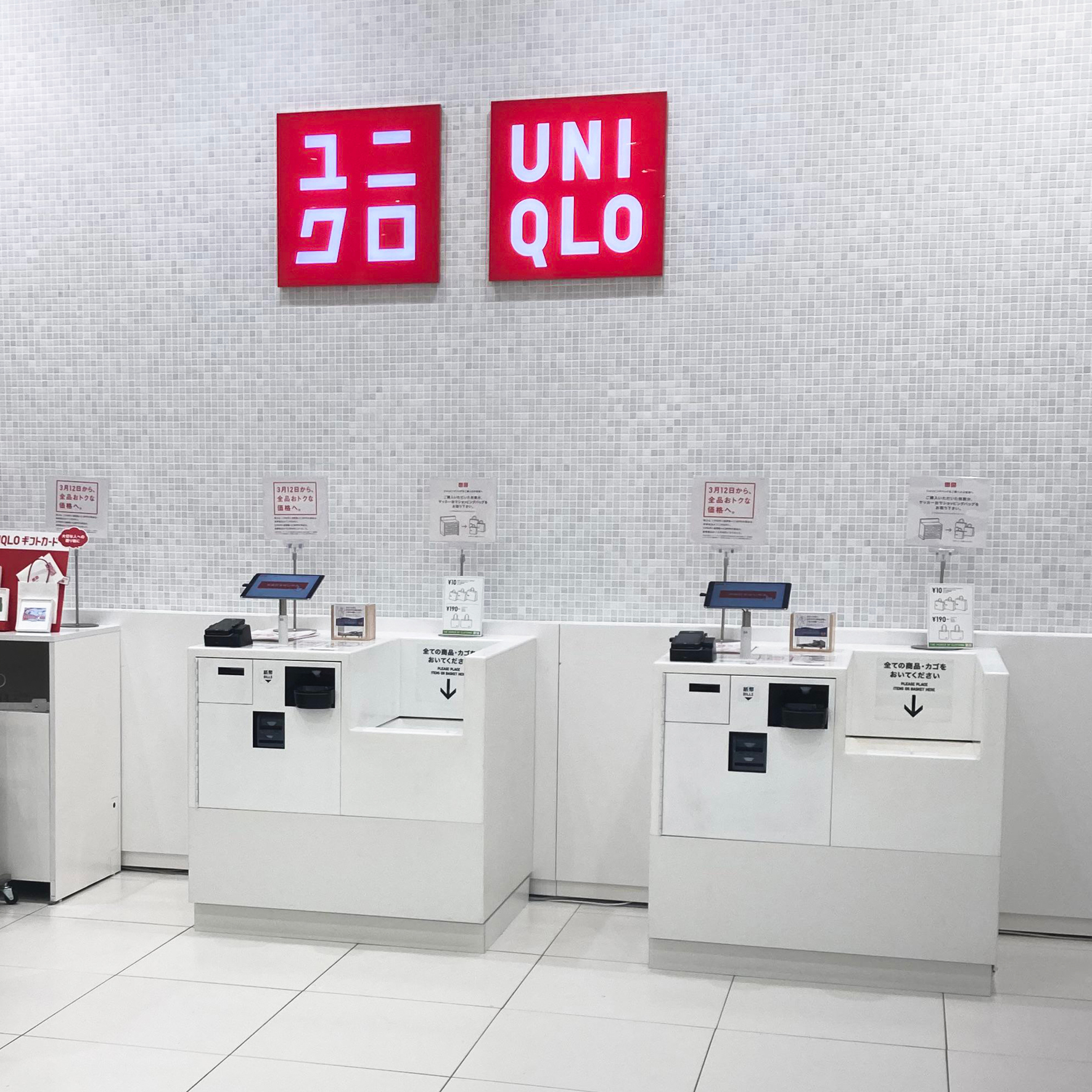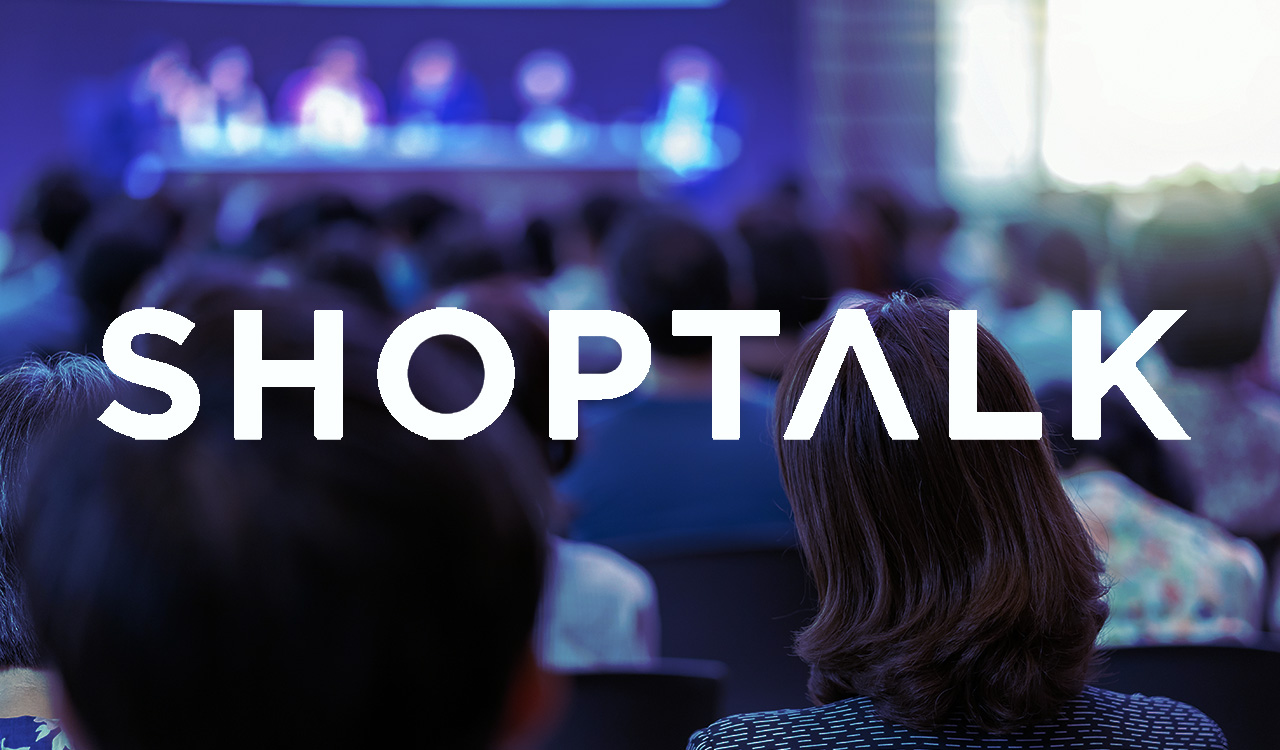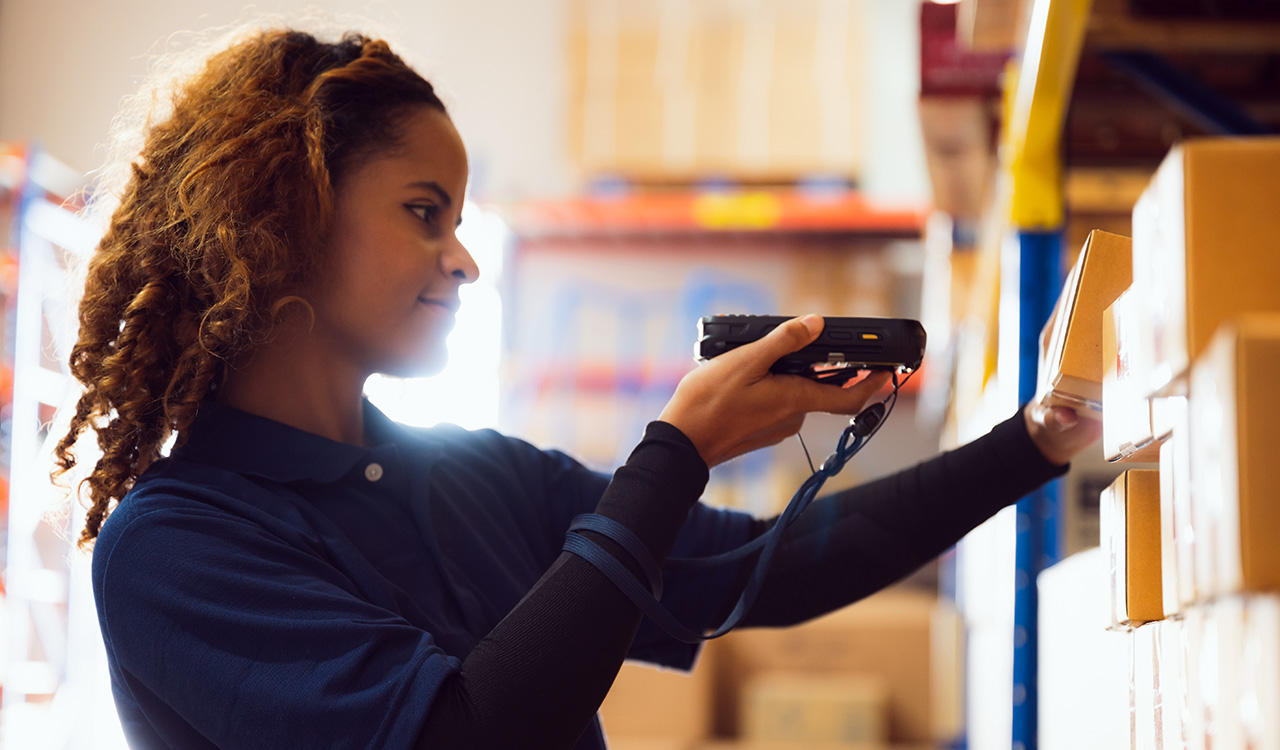The spatial footprint of companies touting computer vision and just-walk-out-the-door technology on the Expo floor at the NRF Big Show 2023 was large. AI is the talk of the show as retail’s latest technology trend. It dominates the conversation, even as it is not well understood, or worse, misunderstood. Just look at the obsession with ChatGPT and you get a taste of the industry’s love affair with the latest, buzzy fad.
RFID is a language that functions globally with no geographic borders and has continually evolved since its introduction two decades ago. It is based on a single standard that allows companies to manage inventory throughout the product lifecycle, driving a frictionless experience from the factory to the till.
Talk is one thing, implementation totally something else. In a deeper examination, the hard reality of building these systems into existing retail spaces and systems becomes instantly apparent. The technology layers required to power an Amazon Go store or the Just-Walk-Out technology Amazon is now marketing to other retailers are best suited for new construction projects and commoditized retail, and wholly impractical for retailers with existing, or large format stores. So, the AI checkout craze can become self-limiting for a large percentage of the industry.
Alternatives
But innovation is the mother of the future generations of retail. Uniqlo and the solutions company Avery Dennison have partnered in developing a novel and game-changing self-checkout system. They detailed their collaboration during a panel at the Big Show 2023 and later in an exclusive interview with The Robin Report. Uniqlo’s CIO Takahiro Tambara joined Avery Dennison’s Vice President of Global RFID Development Bill Toney as they discussed the retailer’s innovative approach to tackling supply chain and product lifecycle efficiencies from the factory to the shopping bag.
Intrigued, we went straight to Uniqlo to see how the self-checkout system works before attending the panel. The process involves walking to an available register, initiating payment on a screen, placing the items — whether two or twenty — on a flat surface, confirming your purchase, and walking out. While a checkout process is still required, it is practically instantaneous and painless. What a pleasant surprise. It bears little resemblance to the barcode-based, self-checkout processes that have often bedeviled customers. Think about it. Your purchases laid on a counter are instantly scanned and inventoried without you lifting a finger. This innovation works. We checked out in seconds. This is a great customer experience on steroids.
RFID-Fueled Globalization
In our post-panel interview with Tambara and Toney, we discussed this innovation, as well as other technology-fueled steps the company is taking. Uniqlo is expanding in an international business model it is calling “Global One.” As part of this cultural reorganization, Uniqlo has opened a second headquarters in New York City. And good news for next gens, they are looking for top talent to level up their engineering, strategy, and operations.
Voice of the Customer…Voice of the Store
Tambara steered the conversation beyond technology to the vision that motivated the self-checkout initiative. “We are a very customer-centric company, and we are always looking for ways to wow the customer. The self-checkout experience is one step, and we want to do more, to offer more services.”
To create the practically seamless checkout experience, Avery Dennison, the company’s innovation partner, turned to RFID, a reliable and rather utilitarian 25-year-old technology. Toney explained, “RFID is a language that functions globally,” explaining that RFID has no geographic borders and has continually evolved since its introduction two decades ago. “It is based on a single standard that allows companies to manage inventory throughout the product lifecycle, driving a frictionless experience from the factory to the till.” He continued, “RFID is more than a B-to-B inventory management tool, it unlocks an enormous amount of data that can be used to enhance the consumer experience.” Tambara elaborated, adding, “We call the data we collect the Voice of Customers, and that voice drives AI to inform our product development and demand forecasting, optimizing distribution and reducing waste throughout the supply chain.” He explained that they also examine customer “search not found” data, both online and in-store. The in-store data is called the “Voice of Store” and augments the online findings. The company combines RFID-informed data with store feedback for the product development team and informs the innovation that is guiding its global expansion.
Efficiency and Satisfaction
Tambara stressed that the company’s technology initiatives were not designed to eliminate staff. “The more digital things become, the more human touch is required. We are in the real-life business. Without customers, we don’t exist. We want to leverage digital technology to enhance the human touch. We use digital technology to enhance our online and offline businesses and we need experts in all of these areas.” Toney added that RFID technology allows for inventory visibility and availability. “Efficient omnichannel and buy-online, pick-up-in-store services help our internal and external stakeholders. They keep both employees and customers happy.” He continued,” RFID serialization helps reduce theft. If you know that the product is missing, you can now pinpoint how, when, and where it was stolen, and work to address those factors.” As a side note, fraud and theft prevention was a big thread throughout the NRF presentations.
Trusted Partners
The bulk of retail has moved to omnichannel as consumers expect a seamless experience wherever and whenever they choose to transact. Technology firms have responded, unleashing an explosion of tech-based solutions to the age-old retail objectives of right thing, right place, and right time. Any savvy retail operator examines the consumer pain points its company is trying to solve. Establishing trusted partners who already understand your business and culture is a smart business practice and a financial advantage . The collaboration with Avery Dennison and Uniqlo is a forward-thinking strategy to manage customer expectations with experienced experts who hold actionable solutions. The win for both partners is exploiting new tools and integrating them into existing systems. Amazon Go stores are perfect for convention centers, airports, sports arenas, and other grab-and-go situations. They may be a hot topic but as we learned from the Uniqlo story, an effective brand partner has to have adaptable solutions. And the surprise of this story is the revelation that a technology many may have taken for granted not only has new tricks, it is a remarkably modern and relevant solution for retailers of any size and scale.




